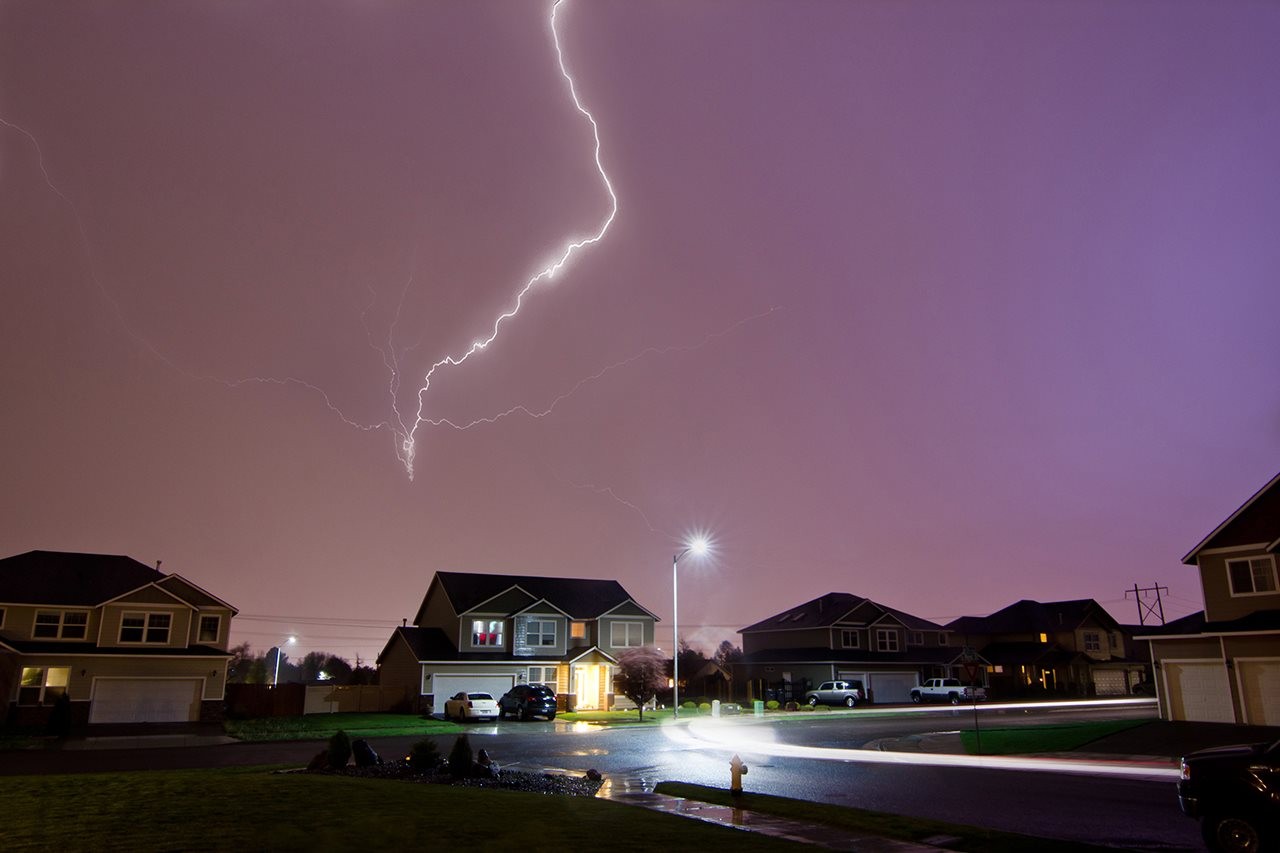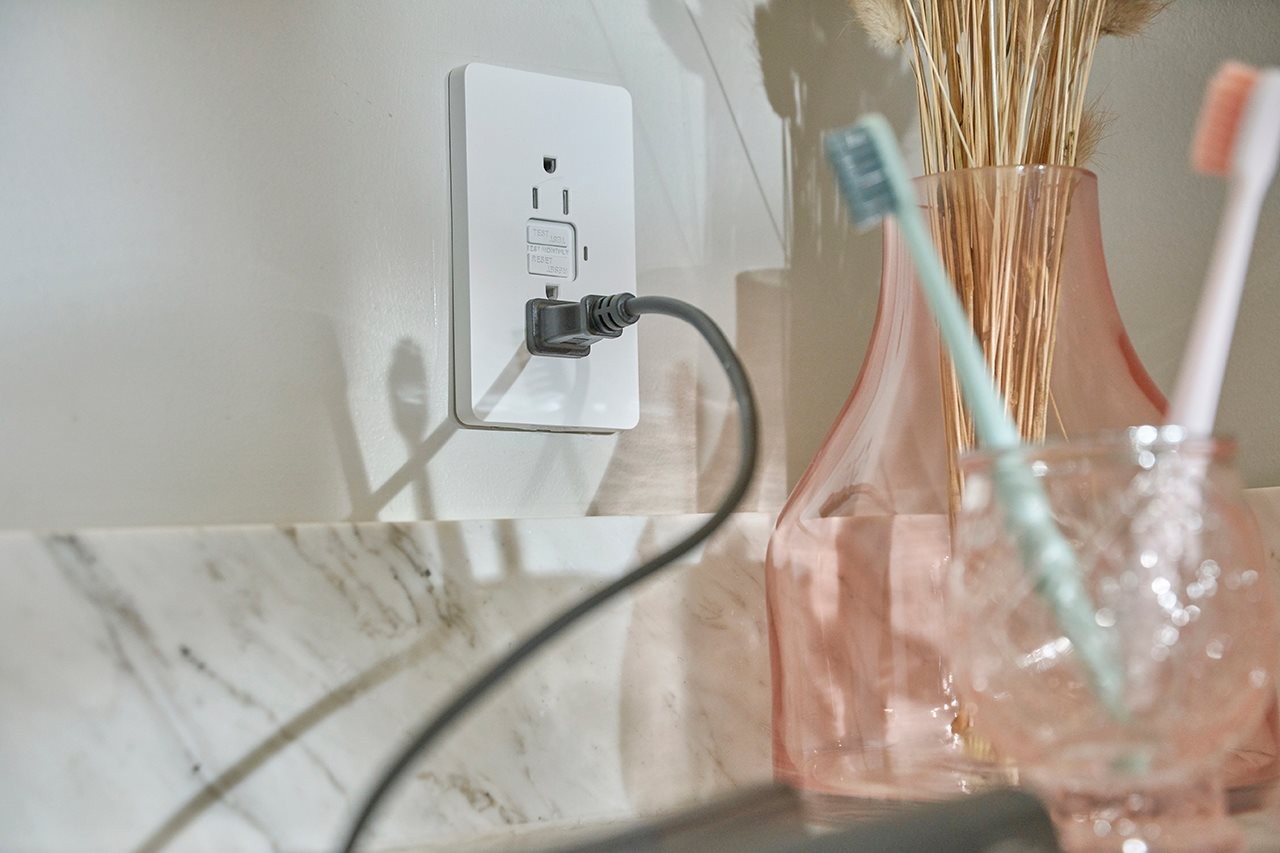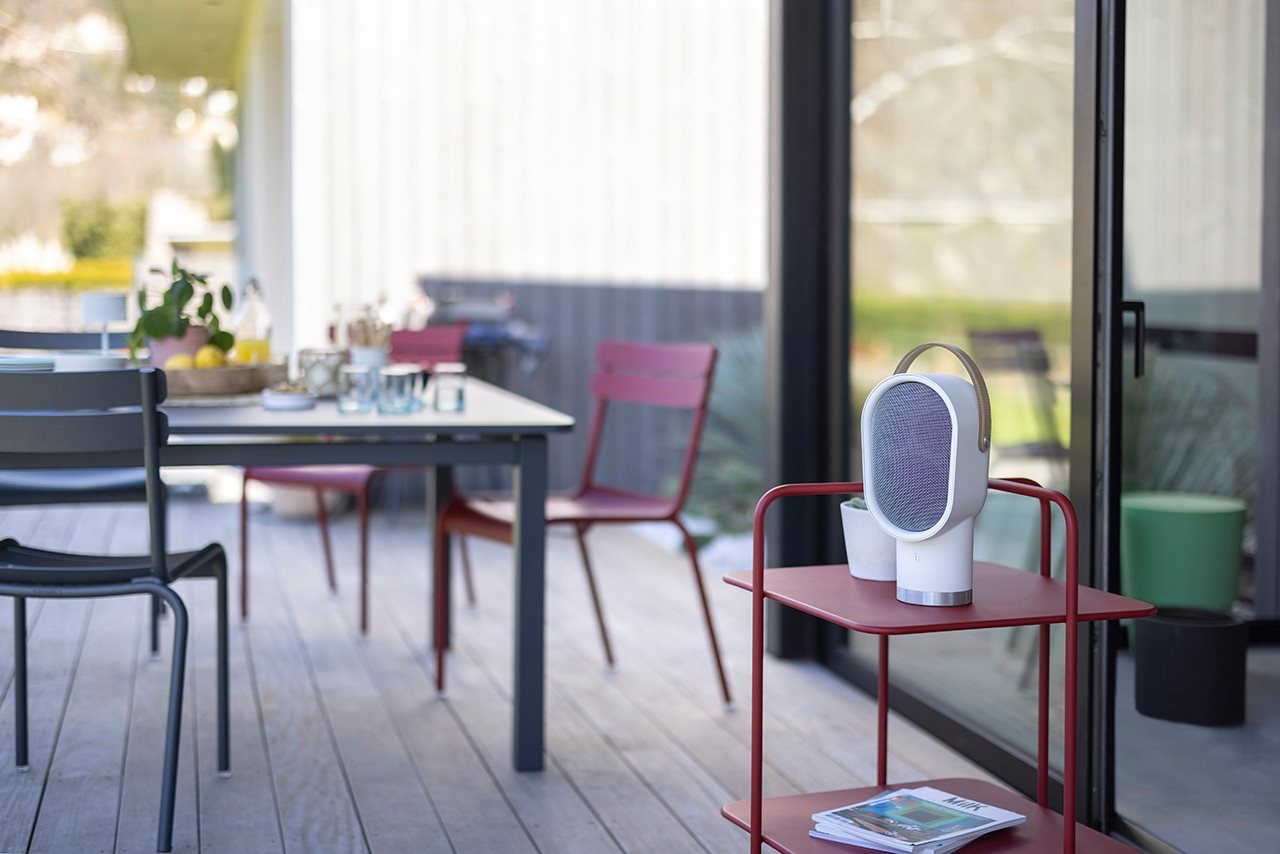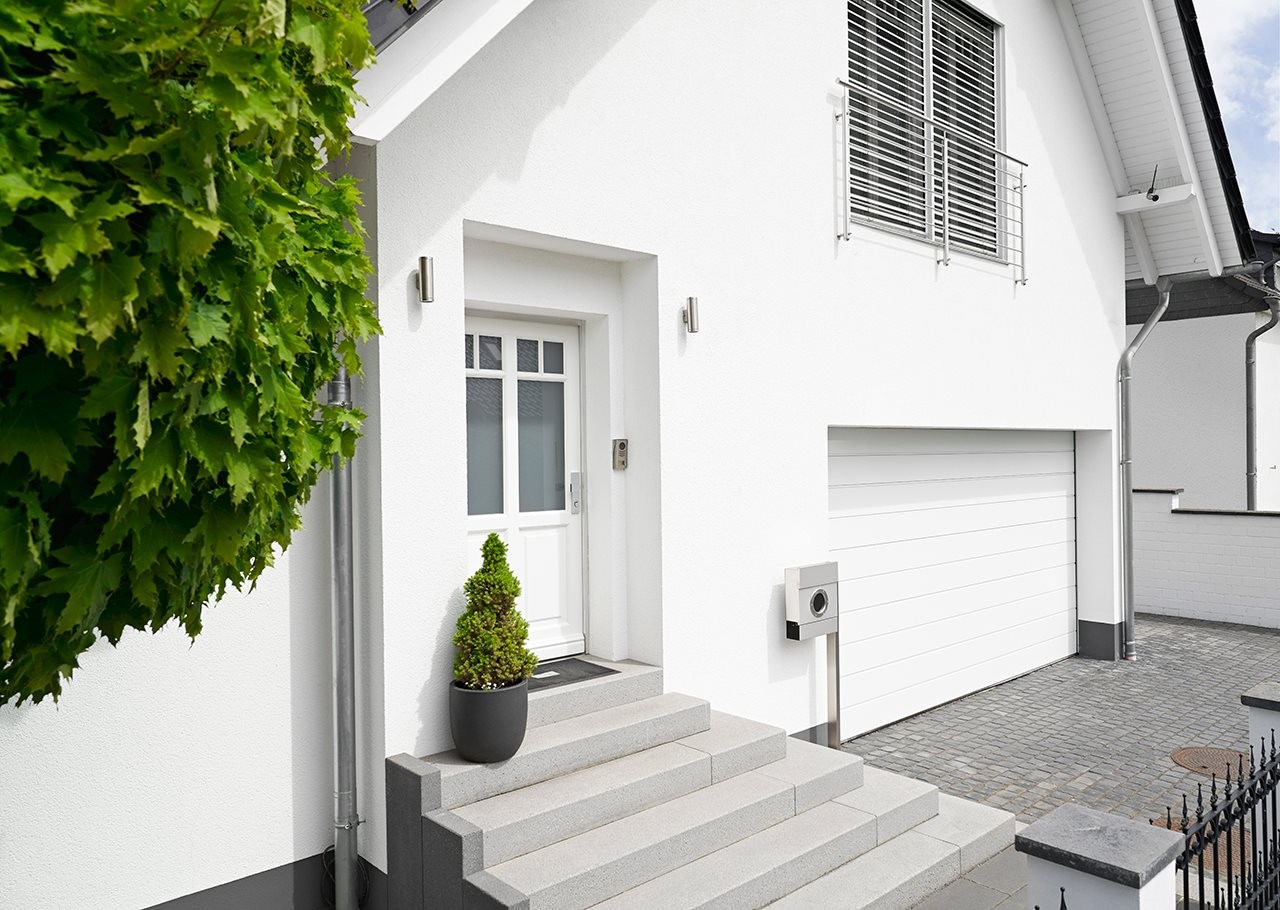
(BPT) – While each season brings different types of extreme weather, it’s important to stay prepared for the unexpected. Having a plan and supplies ready ahead of time could protect you and your family if disaster strikes. In 2021 alone, there were 20 extreme weather disasters causing more than a billion dollars’ worth of damage, bringing the most severe weather in U.S. history. From hurricanes, tornados, heat waves and more, be prepared for extreme weather with these top tips every homeowner should know.
Indoor
1. Stock Up

If you see extreme weather in the forecast, be sure to stock up on plenty of food and water. This can help with the stress of uncertainty while the storm passes.
2. Sign Up for Weather Alerts

Stay up to date on the latest weather by turning on alerts and notifications.
3. Unplug Major Appliances

While lightning surges are uncommon, it is safest to unplug major appliances such as air conditioners, microwaves, coffee makers, etc. Be sure to have a surge protector handy to protect your computer and electronics.
4. Check Doors and Windows

Doors and windows can be easily damaged during a storm. To prevent this, close and lock all doors and windows. Inspect to see if any need to be resealed or replaced.
5. Prepare For a Power Outage by Having an Uninterruptible Power Supply

When a power outage occurs, protect your most important home electronics, and stay connected to family, friends and work. Learn how you can weather the storm at APC.
Outdoor
6. Secure Outdoor Furniture

When severe weather is in the forecast, secure outdoor furniture by storing it inside or covering it up and weighing it down.
7. Protect Your Car

During extreme weather, outside objects are vulnerable to being struck by lightning. Protect your car by moving it away from any nearby trees to higher ground, or into a garage.
8. Keep Your Gutters Clear

Cleaning out your gutters and keeping them clear ensures ease of waterflow. This helps to prevent any damage to your roof and home.
9. Preserve Your Home

Preserve your home by cutting any tree branches close by, installing a heavy-duty bolt to your doors and inspecting your roof to ensure all shingles are intact.
10. Purchase Water Barriers

Purchase water barriers such as sandbags, cofferdams, bladder dams or metal flood barriers. Place them around the exterior of your home to prevent flood damage.

